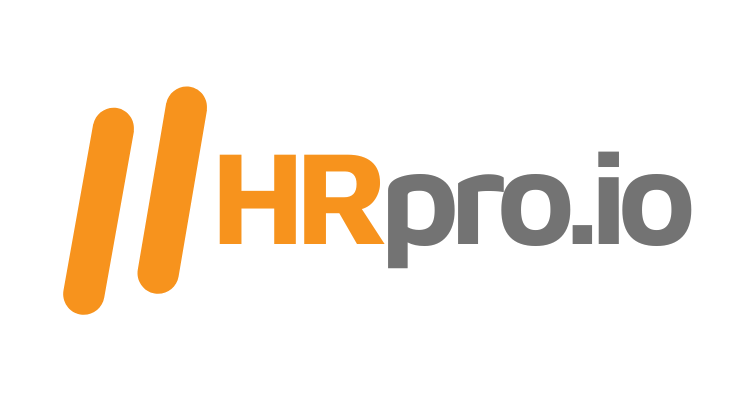As your company expands, the quality of service provided by your PEO can become a crucial factor. A decline in service levels can lead to dissatisfaction among your management and employees, impacting overall productivity and morale. Understanding and addressing these service issues is vital for maintaining a positive and efficient workplace.
PEOs are designed to offer comprehensive HR services, including payroll, benefits administration, compliance support, and more. However, as your business grows, the complexity and volume of these tasks increase. If your PEO is unable to scale its services accordingly, you may notice a drop in service quality. This can manifest in various ways, such as delayed payroll processing, errors in benefits administration, or inadequate compliance support.
To identify if your PEO’s service quality is declining, start by gathering feedback from your employees and management team. Frequent complaints about payroll errors, benefit issues, or lack of support are clear indicators of declining service. Additionally, assess the responsiveness and effectiveness of your PEO’s customer service. Long response times and unresolved issues can signal that your PEO is struggling to keep up with your needs.
Another approach is to benchmark your PEO’s services against industry standards and other PEOs. Are other companies receiving more personalized support or advanced HR solutions? If so, it may be time to consider a change. Also, evaluate the technology and tools your PEO uses. Outdated systems can lead to inefficiencies and errors, while modern HR technology can enhance service quality and efficiency.
Maintaining high service standards is crucial for employee satisfaction and operational efficiency. If your PEO is falling short, it might be time to explore other options that better meet your growing needs. Transitioning to a PEO with a proven track record of high service quality can help you maintain a positive workplace environment and support your company’s growth.

Recent Comments